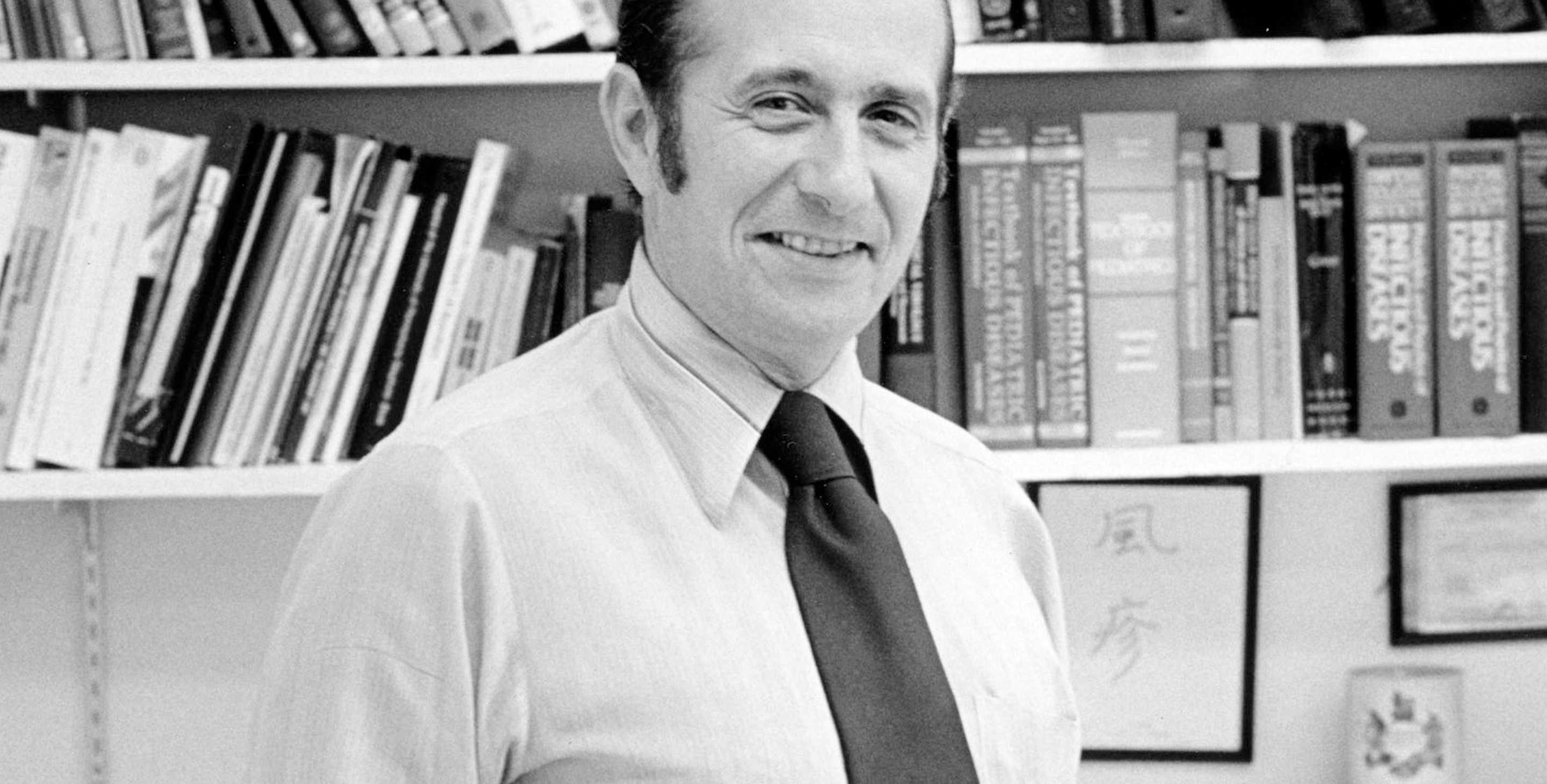Stanley A. Plotkin, MDPhysician, Professor, Researcher, and Vaccine Developer

Between 1964 and 1965, the United States went through resulting in 12.5 million cases of infectious viral disease. About 11,000 pregnancy losses occurred in women who contracted rubella during pregnancy. In children born from mothers infected with rubella, about 2,100 newborns died, and 20,000 children were born with congenital rubella syndrome (CRS). The human cost was bad enough, but (about $14 billion in 2022 dollars).
Two years earlier, Stanley Alan Plotkin was in London, England, doing a pediatric residency at the Hospital for Sick Children (). He and his colleagues tended to the first cases of CRS from a rubella epidemic that spanned Europe and later traveled to the United States. Armed with the experience he gained in London, Dr. Plotkin returned to the United States. He returned to work at the Wistar Institute, a place where he had worked on anthrax and polio. This time, he returned and asked to work on rubella. As he tried to figure out a vaccine against rubella, the disease would cause a birth defect in up to 1% of all newborns in Philadelphia.
, and it would then be combined with the measles and mumps vaccine to create what we now know as the “triple viral” or Measles-Mumps-Rubella (MMR) vaccine. Today, , with all cases imported from travelers to and from other countries.
Dr. Plotkin . He was on the team that developed (licensed in 1980). He also consulted for different vaccine manufacturers in his “retirement.” During the COVID-19 pandemic, Dr. Plotkin .
Dr. Plotkin has received many accolades for his work, and his book, Vaccines (the first edition published in 1988), is considered the best textbook in vaccinology. When asked what makes a good, successful scientist, Dr. Plotkin singled out imagination, curiosity, and persistence as qualities that make a scientist able to overcome challenges.
When asked about the contributions to medicine made by his mentor, , had this to say about Dr. Plotkin: “I have never met anyone as brilliant and thoughtful who also possessed such a phenomenal sense of judgment as Dr. Plotkin. He is one of a kind.”